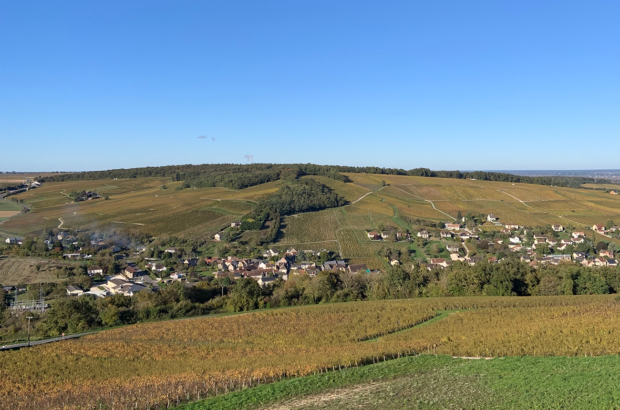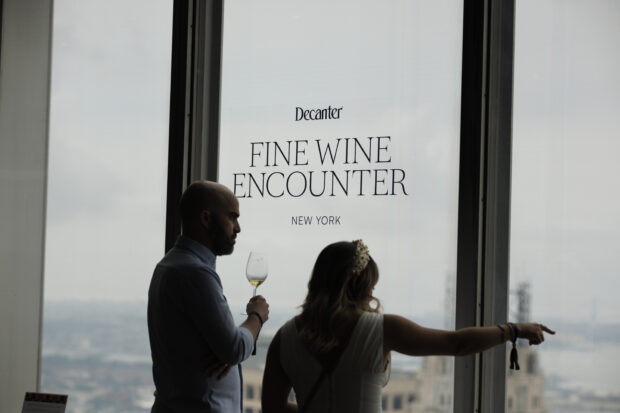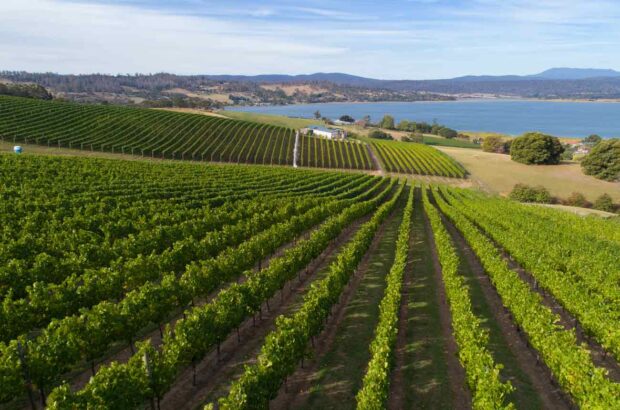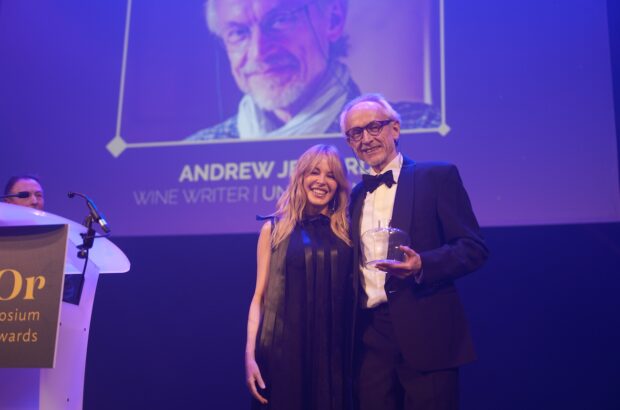Château Angélus’ announcement that it is withdrawing from the process to create the 2022 St-Emilion Classification has sent shockwaves through the region and raised questions about the ranking’s future form.
With Châteaux Ausone and Cheval Blanc having announced their withdrawal last year, three of the top-ranking ‘Premier Grand Cru Classé A’ estates from the last edition of the St-Emilion Classification in 2012 will not be candidates for the revised ranking, due this year.
Angélus cited legal disputes related to the ranking as partly influencing its decision to withdraw its candidacy for 2022.
‘From a collective point of view, we regret it,’ said Jean-François Galhaud, president of St-Emilion’s wine council, of Angélus’ decision. But Galhaud emphasised that the classification must go on as scheduled.
‘As the 2022 classification is being drawn up, it is up to us to look to the future and to respect the important work carried out by the French national appellation authority (INAO), in order to allow this revisable classification to be a formidable tool for challenge, innovation and modernity,’ he wrote in an emailed statement.
Shaun Bishop, CEO of merchant JJ Buckley in California, played down the drama of St-Emilion, pointing out that consumers and collectors focus on brand, quality, consistency, and resulting appreciation over time. ‘We pay much less attention to rankings and classifications,’ he said.
For the estates themselves, promotion (and demotion) matters, as it can more readily influence price. The move by Château Angélus, which both backed, and has benefitted, from the rankings, has come as a shock, says Philippe Faniest, owner of St-Emilion Grand Cru Classé Château Rochebelle. ‘It cannot possibly be good for the appellation’ he said because it ‘raises so many questions’.
Matthieu Cuvelier, of Premier Grand Cru Classé Clos Fourtet, said, ‘If others follow suit, this could be the end of the classification.’
Yet some estates were quick to reply that Angélus’ withdrawal would in no way stop them from supporting the classification, which is renewed every 10 years.
Blandine de Brier Manoncourt, co-owner of the Premier Grand Cru Classé Château Figeac, stressed that the classification ‘remains very useful, acting as a booster for the entire appellation’.
The decade-long revision ‘forces us to think, to improve our practices, in the cellar as well as in the vineyard, or in our way of welcoming people, to question ourselves, to formalise our commitments; it is a useful deadline and it benefits everyone,’ she said.
Some industry sources expressed surprise that Château Angélus would want to leave the ranking. Ben Giliberti, former Washington Post wine columnist and currently director of wine education at Calvert Woodley Fine Wines & Spirits in Washington, D.C., said Angélus had ‘benefitted more than most by the official classification in terms of prestige’.
Angélus was one of two estates promoted from Premier Grand Cru Classé ‘B’ to ‘A’ status in 2012, alongside Château Pavie.
Matthew O’Connell, CEO of fine wine trading platform LiveTrade at Bordeaux Index, said that Angélus’ exit was ’the most obvious next step in the saga’. He stressed that when the “A” group is ‘likely to be expanded, those closer to the top in pricing terms will perceive themselves to have the least to gain from the classification, that it may be more of a drag than a benefit.’
O’Connell echoed other merchants like Bishop in stressing that strong brands will thrive no matter what.
However, he added, ‘The picture is perhaps more mixed for those wines for whom a reclassification was more uncertain; if the system effectively falls apart, perhaps they will lack a catalyst to help to support their market prices and profile.’
Some speculate as to how the classification will continue. Gavin Quinney, owner of Château Bauduc Bordeaux AOC, who drafts annual harvest reports for Bordeaux, suggested returning to just 1er Cru Classé and Grand Cru Classé. The A and B designation (the B was already eliminated in the last ranking) ‘just confuses the hell out of consumers, and if you put people into A like Figeac, for example, it would just look like you’re replacing the ones that have left, and that is not a good thing’.
Château Rochebelle’s Faniest highlighted the relative peace of neighbouring appellation Pomerol, which has no ranking at all – and no such litigious drama and recrimination. ‘We could wind up like Pomerol, which has no need for a classification, as everyone understands that the best estates are on the plateau.’
Château Pavie, the remaining ‘A’ estate from the 2012 ranking, was not immediately available for comment prior to publication.







